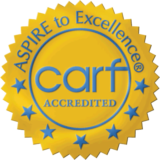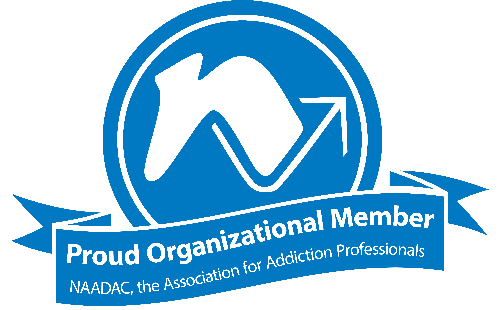Tested Strategies for Relapse Prevention That Actually Work
It can be difficult to maintain sobriety when old habits or emotions start to resurface. Knowing where to turn can help keep you on track and be more resilient when cravings threaten your recovery. In this guide, the alcohol and substance abuse team at MERIT shares effective strategies for relapse prevention that actually work and help you feel more confident about the road ahead.
Five Strategies for Relapse Prevention That Can Help You Maintain Sobriety
Stress Management
You can’t avoid every trigger, but you can learn healthy ways to face them when they show up. Simple techniques like urge surfing, grounding exercises, and meditation are easy to practice on your own and can make a real difference in stressful moments. The key is to learn these skills ahead of time, so they feel familiar and easy to use when you need them.
Mental Health Counseling
For many, cravings are tied to things like anxiety, depression, or past trauma. Working with a therapist can help you identify these challenges and develop ways to overcome them, such as setting boundaries, increasing self-awareness, and practicing healthy communication. Therapy also provides a safe space to discuss setbacks and learn how to handle high-risk situations.
12-Step Facilitation Programs for Relapse Prevention
Twelve-step facilitation programs are a great way to stay accountable, even on days when motivation is low. In these group sessions, you can share what you’re going through, hear how others handle similar challenges, and learn new coping strategies for relapse prevention. One of the biggest benefits is connecting with a sponsor; someone who’s been there, understands the ups and downs of addiction, and can offer guidance when things get tough.
Family Therapy
The effects of addiction can ripple through a family, leading to mistrust, resentment, and the loss of encouragement from loved ones. In family therapy, everyone has the opportunity to talk openly about their experiences, approach difficult topics, and learn healthy ways of being there for each other. This can make home life more stable during recovery.
Support Networks
Building a network of friends, family, and mentors is a valuable resource for times when you’re feeling lonely or unsure of where to turn. Don’t know how to form a support group? Start simple by setting up regular check-ins with loved ones, letting them know what warning signs to watch for, and being specific about the kind of support you find useful.
Reach Out to Central Washington’s Relapse Prevention Experts
If you’re in recovery and finding it hard to stay on track, there’s no shame in asking for help. MERIT is here to provide the support you need to navigate difficult moments and prevent relapse. Here are a few ways we can assist you with strategies for relapse prevention that actually work:
- Mental health counseling: Learn new ways to manage stress, emotions, and daily pressures that can impact your sobriety.
- Online counseling and telehealth services: Connect with experienced substance-abuse counselors from the comfort and privacy of your own home.
- 12-step facilitation therapy: Explore evidence-based recovery principles and receive guidance alongside others who are on the same path.
- Family therapy: Heal family relationships and rebuild trust by working through challenges as a family.
- Relapse prevention planning: Work with our team to develop personalized strategies for avoiding setbacks and staying committed to your recovery.
Contact MERIT online or call us at 877-789-3344 to schedule a consultation and learn more about strategies for relapse prevention that actually work. Bilingual recovery services are available in English and Spanish at our locations in Ellensburg, Kennewick, Pasco, Sunnyside, Toppenish, and Yakima (also serving Wapato).

